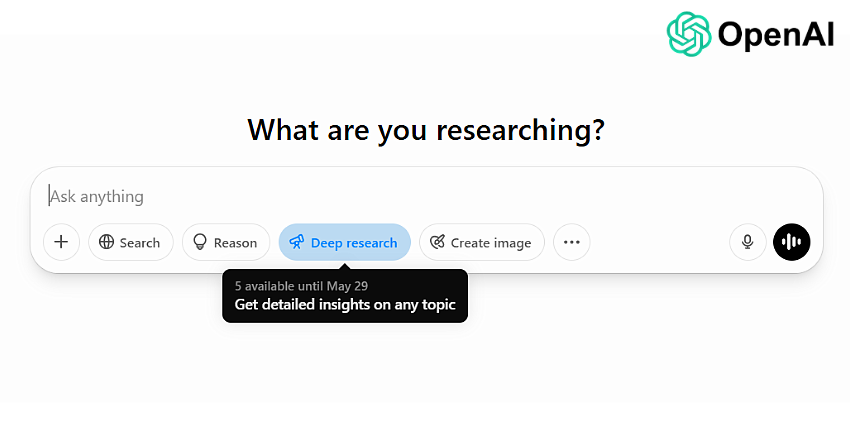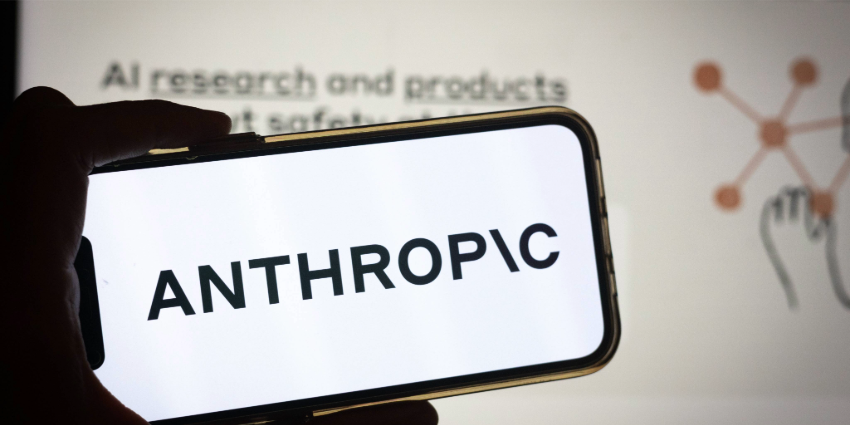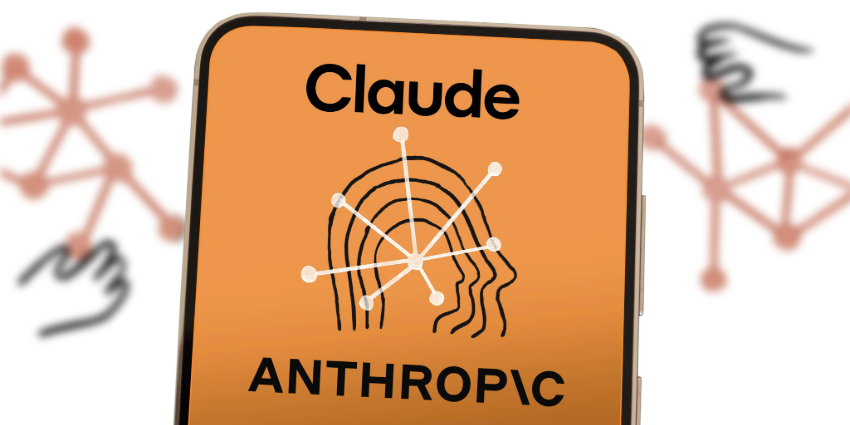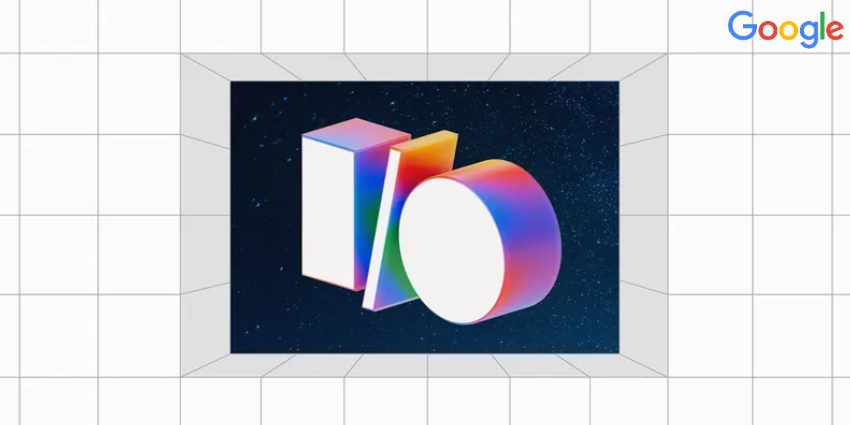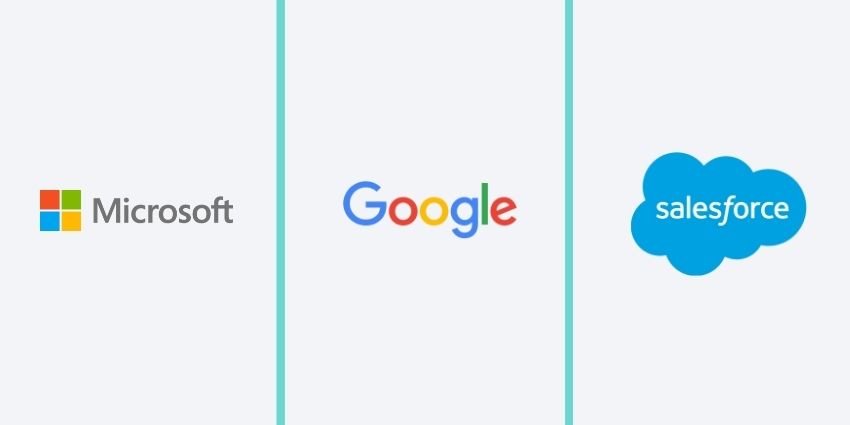OpenAI has announced an important update to its popular ‘Deep Research’ tool, making a lightweight version of its capability available to all ChatGPT users, including those on free accounts.
Essentially, this is OpenAI finally giving everyone a taste of its premium research tools while still keeping the full version behind a paywall.
We’ve noticed many of you love using deep research, so we’re expanding usage for Plus, Team, and Pro users by introducing a lightweight version of deep research in order to increase current rate limits.
We’re also rolling out the lightweight version to Free users.
— OpenAI (@OpenAI) April 24, 2025
What’s New: The “Lightweight” Deep Research
The newly released “lightweight” version of Deep Research is powered by OpenAI’s O4-mini model. The company describes it as:
…nearly as intelligent as the Deep Research people know and love, while being significantly cheaper to serve.
While responses from this version will typically be shorter, OpenAI promises they will maintain the same depth and quality users have come to expect.
Free users will receive five lightweight Deep Research queries per month, allowing them to experience one of ChatGPT’s most powerful features without a subscription.
According to early testing, these lightweight queries typically take five to ten minutes to complete, which is considerably faster than the full-fledged version’s 30-minute processing time.
Expanded Access Across All Plans
This expansion doesn’t just benefit free users. OpenAI has increased access limits across all subscription tiers:
- Free users: 5 lightweight Deep Research queries per month
- Plus & Team plans ($20/month): 10 original Deep Research queries and an additional 15 lightweight queries monthly
- Pro users ($200/month): 125 original Deep Research queries and 125 lightweight queries per month
- Enterprise users: Will receive access to the lightweight version starting next week
The system is designed to automatically shift to the lightweight version once a user reaches their monthly limit for the original Deep Research, ensuring continued access to research capabilities.
For Business? Cost-Effective Research at Scale
For business users, particularly those on Enterprise plans, this update has some useful implications.
OpenAI’s focus on making Deep Research “significantly cheaper to serve” aligns with enterprise needs for cost-effective AI research solutions that can be deployed across organizations to everyday users.
Enterprise customers can now more efficiently allocate their Deep Research resources, using the full version for complex, in-depth research needs while leveraging the lightweight option for more routine inquiries. This flexibility should allow businesses to better manage their AI research budgets while still providing powerful capabilities to employees.
The move also positions OpenAI more competitively against rivals like Google’s Gemini and Perplexity AI, which have been aggressively expanding their own research capabilities. Notably, Gemini provides five detailed reports per month to free users; matching OpenAI’s new limit exactly.
How Deep Research Works
Deep Research is an evolution beyond simple AI chat functions. When a user submits a query, ChatGPT employs its reasoning model, thinking capabilities, and online search integration to generate a comprehensive response.
The process begins with clarifying questions to refine the query before conducting extensive research across numerous sources. The finished report includes citations, allowing users to verify information and explore sources further; a critical feature for enterprises concerned about AI hallucinations or factual accuracy.
Reports are presented in a specialized box within the ChatGPT interface, with options to share via generated links, though unlike Google Gemini, exports to PDF format are not currently supported.
For businesses looking to implement cost-effective, AI-powered research solutions, OpenAI’s expanded Deep Research access provides a compelling option that balances capability with resource constraints while maintaining the critical factual reliability that enterprise applications demand.
For casual users, it should be enough to research that next big purchase or dive deeper into a new hobby, but don’t expect to write your PhD thesis with just five queries a month!

